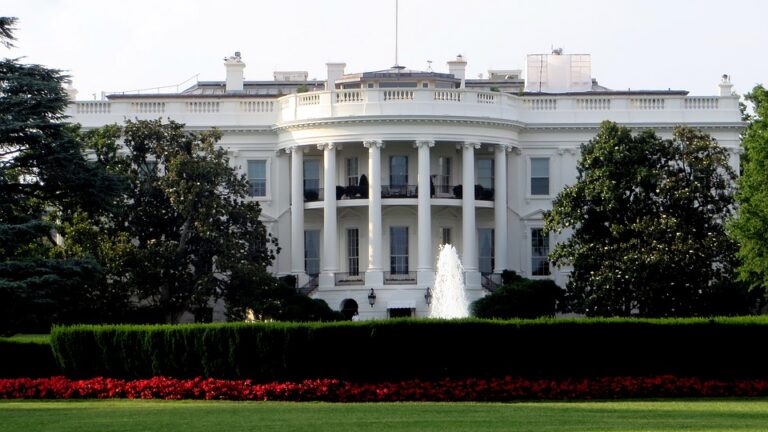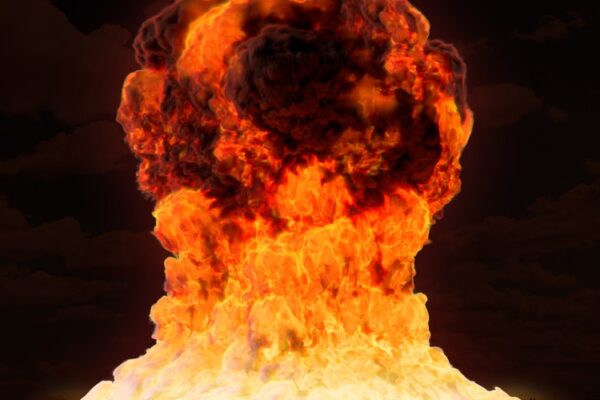The world has seen the devastation brought about by the use of nuclear weapons in 1945. Since then, several countries have tried to acquire nuclear weapons. Today, only nine countries of the world possess them. The rest are believed to have given up their plans of acquiring nuclear arsenal.
Experts still ponder over the reasons why a country starts or abandons its nuclear weapons program. Specific explanations on a nation’s motivations for acquiring or not acquiring nuclear arsenal have often been inadequate. However, here are some of the reasons stopping the world from being nuclear free:
1. Dominance
Some countries believe that the only way to achieve a certain degree of dominance is to possess nuclear weapons. This leads them to develop the best possible nuclear arsenals through research and development.
Any country having nuclear weapons in its possession is capable of inflicting maximum damage on another nation. This belief is used as a tool for keeping their enemy nations at bay. The countries that want to assert their dominance may find it hard to let go of their nuclear weapons.
2. Self-defence
An increased focus on security also becomes a big reason for certain countries to acquire nuclear weapons. They see many countries, especially some of their neighbours, as a threat to their national security.
When this is their approach, they consider nuclear weapons as powerful means to ward off a possible external aggression. It was a widely accepted fact that countries facing major security problems will pursue nuclear weapons program actively.
3. International status
There is also a perception that possession of nuclear weapons raises the status of a country globally. In the times of cold war, this was acknowledged by many countries. As a result, it served as a motivation for many to pursue their goal of acquiring nuclear arsenal.
Many countries had ratified the Nuclear Non-Proliferation Treaty. This did not stop some of them from pursuing their nuclear weapons program later on. North Korea and Iran are the examples of such countries.
4. Domestic politics
Countries facing a turmoil in domestic politics sometimes use their nuclear weapons program to divert public attention. There are times when a country’s leadership is under threat following a public outcry. In order to divert the attention of public, the nuclear weapons program may be used by the leadership.
When such an issue surfaces, negative reactions often come in from the international community. This stirs up nationalist sentiments in the country’s citizens and they forget about their dissent. Thus, the country’s regime may end up strengthening its position after successfully diverting public attention.
According to some experts, a total of thirty-nine countries were once involved in acquiring nuclear weapons. Most of them abandoned their quest of acquiring such weapons over the years. There are primarily two reasons for this. One is the enormous resources needed for making reliable and deliverable nuclear weapons.
Second is the threat of a large-scale disaster that may happen as a result of using them. In recent times, the number of nations involved in the development of nuclear weapons has been quite low. There is immense hope among the international community that a nuclear-free world would soon become a reality.








